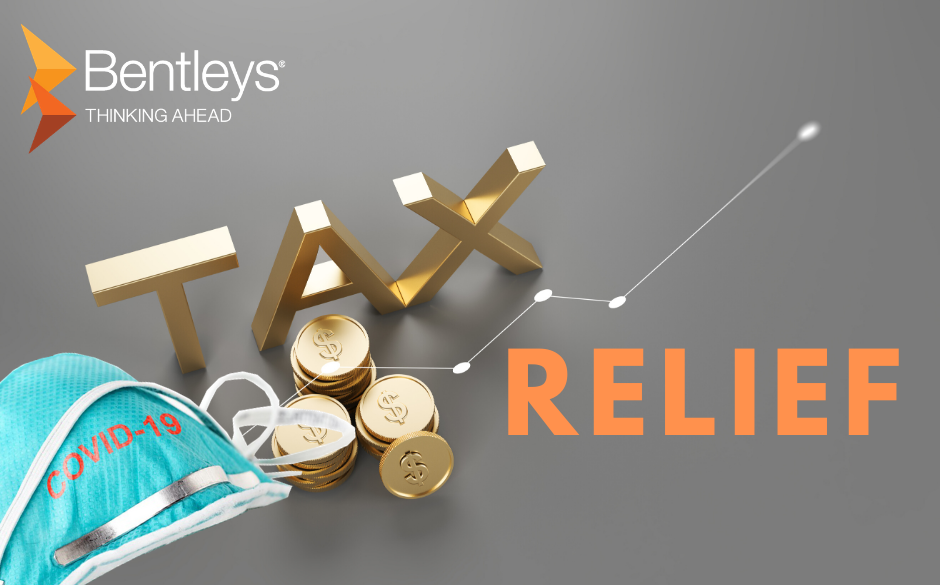
Tax relief from the impact of the covid-19 pandemic
05 April 2020
The Government released its fiscal and economic response to the COVID-19 pandemic on 17 March, with an original cost of $12.1 billion. Since 25 March 2020, with the announcement of alert level 4, this package is now expected to cost approximately $ 17 – 18 billion and includes the following proposed tax relief measures:
Reintroducing Depreciation on buildings
- Reintroducing depreciation on industrial and commercial buildings (including motels and hotels, but excluding residential buildings) from the start of the 2020-21 tax year. The diminishing value rate will be 2% or straight line at 1.5%.
Low Value Asset Threshold Increased
- The cost of low-value assets can be deducted immediately rather than over time under the depreciation rules. This is currently limited to assets costing less than $500, but the low-value asset limit will be temporarily increased to $5,000 from 17 March 2020 reducing to $1,000 from 17 March 2021. The limit applies to the total cost of all assets purchased from any one supplier on the same day.
Provisional Tax Threshold Increased
- The threshold that determines who must pay provisional tax will increase from $2,500 to $5,000 for the 2020-21 income year. This measure will ensure that fewer businesses need to pay provisional tax throughout the year.
Use of Money Interest Waived
- For the next two years, use of money interest (UOMI) on late payment of tax will be waived for businesses affected by the COVID-19 outbreak. The relief will apply to interest on all tax payments (including provisional, PAYE, and GST) due on or after 14 February 2020. Affected taxpayers will be required to demonstrate that their inability to pay tax arose as a result of COVID-19. Details about how this will operate in practice will be released in a subsequent announcement.
- For difficulty in paying outstanding tax, an instalment arrangement can be set up with the IRD.
Refundability of research and development tax credits brought forward
- The application date of broader refundability for the R&D tax credit will be brought forward by one year, to the 2019/20 income year.
Additional Points to Consider to assist your Cashflow
The above proposals are aimed at assisting the broader economic recovery from COVID-19 by incentivising businesses to bring forward investments and continue spending. In addition to these recently announced measures, there are a number of tax issues and solutions under the existing rules which should be considered during this time to help with cashflow including:
- Changing GST basis from invoice to payments (cash received) basis if predicted annual turnover is less than $2 million
- Deferring tax payments (including income tax, PAYE, GST and customs duty);
- Financing upcoming provisional tax instalments for up to 12 months through tax pooling;
- Writing off bad debts
- Tax support on business restructuring.
From an individual and business perspective, this is a very trying time for everyone. The Bentleys team is working remotely and we are available to work with you to find the best solution for your individual situation.
Disclaimer:This information is general in nature and should not be relied on as advice. It does not take into account the objectives, financial situation or needs of any particular person. You need to consider your financial situation and needs and seek professional advice before making any decisions based on this information.
Stay in touch. Please do not hesitate to contact your client advisor.